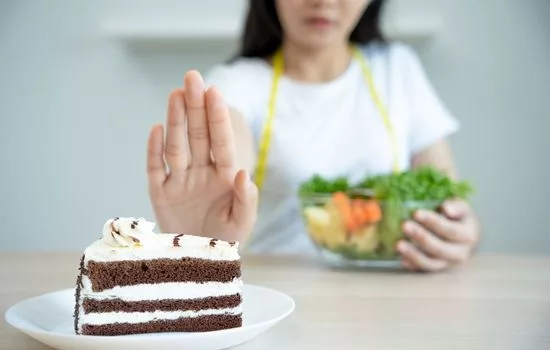
The 10 Best Foods Good for Skin: Make Your Skin Healthy
Let’s start with the first question in your mind: What diet should I be on for clarity? If you’re wondering this, it means that you’re making an effort to have a healthy lifestyle and want to make sure that there aren’t any unknowns when it comes to your health. In this post, we’ll discuss different diets and how they can affect your skin.
We all know the feeling when you look in the mirror and wish you could instantly get rid of your pimples and have that flawless complexion. It’s an unfortunate reality for many people to suffer from acne, but it doesn’t have to be this way! This is a guide on what you need to do to have clear, glowing skin without having to worry about pesky pimples ruining your day.
Key Takeaways:
- The quality of your skin may be affected by the foods and beverages you consume.
- Vegetable, fruit, nut, and bean-rich diets may help skin retain moisture, increase elasticity, and reduce the visibility of fine lines and wrinkles, according to research.
- Although there is no one “superfood” for skin health, a well-rounded diet can make a difference.
What is the Food for Clear Skin?
A portion of healthy food is important for clear skin. The best food for clear skin includes plenty of fruits, vegetables, and whole grains, and is low in sugar, dairy, and red meat.
Fruits and vegetables are packed with vitamins and antioxidants that help keep skin healthy. They also contain fiber, which helps to keep the digestive system running smoothly. Whole grains are another great source of fiber, as well as nutrients like B vitamins and zinc.
A food high in sugar can cause inflammation and trigger breakouts. Dairy products can also contribute to blemishes. Red meat is a typical trigger food for acne, so it’s best to limit consumption or avoid it altogether if you’re trying to clear your skin.
Also Read: Health Benefits of Chia Seeds
Food for Clear Skin: Low Glycemic Index Foods
There are a lot of different dietary theories out there about what foods cause acne and what foods clear skin. A lot of these theories are based on the principle of the low glycemic index diet. The glycemic index is a measure of how much a food raises your blood sugar levels. Foods with a high glycemic index raise your blood sugar levels more than foods with a low glycemic index.
The idea behind the low glycemic index diet for clear skin is that by eating foods that don’t raise your blood sugar levels, you can avoid spikes in insulin levels. Insulin is a hormone that promotes the growth of skin cells, and when insulin levels are high, so is the risk of developing acne.
So, what are some examples of low glycemic index foods? Some good options include beans, lentils, whole grains, fruits, vegetables, and nuts. These foods are all packed with nutrients that are essential for healthy skin. Plus, they’re slow to digest so they won’t cause those dreaded insulin spikes.
Also Read: Dash Diet Recipes Ideas
Foods to Avoid for Clear Skin
When it comes to achieving clear skin, what you eat plays a big role. In fact, certain foods can actually contribute to breakouts and other skin issues. So if you’re looking to get clear skin, it’s important to avoid these problem foods.
Dairy: Dairy products are a common trigger for breakouts because they contain hormones that can stimulate oil production in the skin. If you find that dairy is triggering your breakouts, try switching to a dairy-free diet or avoiding dairy altogether.
Sugar: Sugar is another common trigger for breakouts because it can cause inflammation in the body. If you want to get clear skin, it’s best to avoid sugary foods and drinks as much as possible.
Processed foods: Processed foods are often high in sugar and unhealthy fats, both of which can contribute to breakouts. If you’re trying to get clear skin, stick to whole, unprocessed foods as much as possible.
Caffeine: Caffeine can also contribute to breakouts by stimulating the release of stress hormones in the body. If you find that caffeine is causing your breakouts, try cutting back or eliminating it from your diet altogether.
Also Read: Surprising Health Benefits Of Olive Oil
Best Supplements for Clear Skin
There are a few different things you can do to help clear up your skin, and one of those is by taking supplements. Taking the best supplements for clear skin can help improve your complexion and overall skin health.
omega-3: One supplement that can be helpful for clear skin is omega-3 fatty acids. These healthy fats can help reduce inflammation throughout the body, which can lead to clearer skin. You can find omega-3 fatty acids in fish oil supplements or by eating foods like salmon, tuna, and other cold-water fish.
Probiotics: Another supplement that can be beneficial for clear skin is probiotics. Probiotics are live bacteria that help support gut health. A healthy gut equals happy skin! You can find probiotics in yogurts, fermented foods like kimchi and sauerkraut, or in supplement form.
vitamin C: Finally, vitamin C is another great supplement for clear skin. Vitamin C helps boost collagen production, which leads to firmer, smoother skin. It also has antioxidant properties that help protect the skin from damage caused by free radicals. You can get your daily dose of vitamin C from citrus fruits like oranges and grapefruits, tomatoes, bell peppers, broccoli, and more.
Also Read: How to Make Chia Seeds Pudding
Top 10+ Best Foods Good for Skin
#1. Coffee: Best Foods Good for Skin
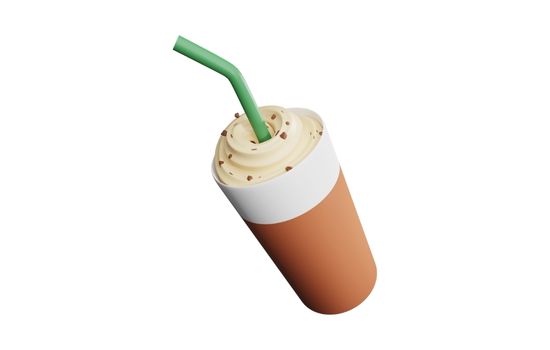
Because it contains about 99% water, coffee can be beneficial to the skin of regular coffee drinkers. Coffee’s polyphenols may aid in lightening hyperpigmentation and smoothing rough, dry skin, in addition to the hydrating effects of the water it contains. Two to three sugar-free cups of coffee daily have been shown to have these effects.
#2. Watermelon
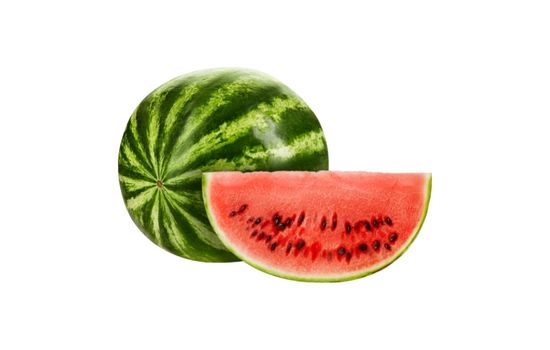
Best Foods Good for Skin with a high water content are useful for meeting your daily hydration needs because every single cell in your body requires water to function properly and optimally. Watermelon, when cut into cubes, has the same amount of water as a full cup, so eating two cups of it is a great way to keep yourself (and your skin cells) hydrated and youthful.
#3. Flaxseeds: Best Foods Good for Skin
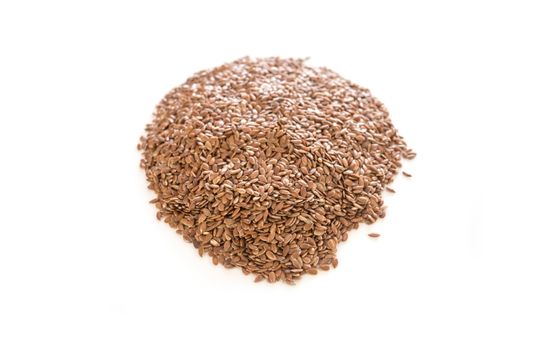
These tiny seeds pack a nutritional punch, providing omega-3 fatty acids, fiber, and more all from a plant-based source. Consuming flaxseeds, and more specifically flaxseed oil has been linked to improved skin elasticity and moisture levels. Keep in mind that flaxseed oil is at its best when used raw because of its low smoke point.
There’s a noticeable difference between using whole flaxseed and ground flaxseed. Ground flaxseeds are easier to digest but have a shorter shelf life and should be stored in the refrigerator to prevent spoilage. Whole flaxseeds have a longer shelf life but can be difficult to break down and digest.
Also Read: Ashwagandha Benefits for Women
#4. Green Tea
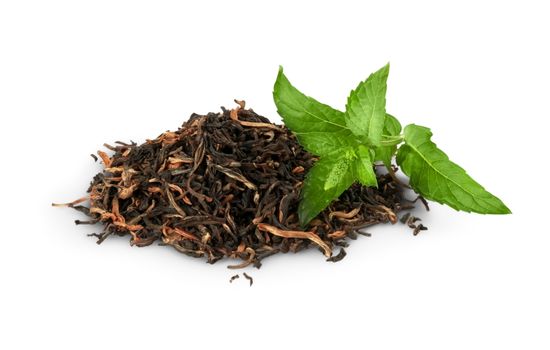
Green tea, like coffee, is a largely water-based beverage. Tea has been shown in multiple studies to improve skin hydration and elasticity while also decreasing skin roughness and scaling. But it’s worth noting that the green tea extracts used in these studies were extremely potent. The tea flavanol content of the daily extracts was around 500 mg, which is roughly the same as 10 cups of tea per day.
#5. Walnuts
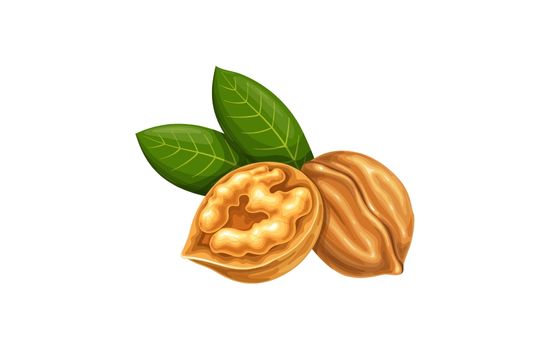
When discussing the best foods good for skin rich in omega-3 fatty acids, walnuts stand out as a top choice because they contain more of this beneficial fat than any other type of nut. In addition, they outperform many other tree nuts and peanuts in terms of polyphenol content, a compound that helps fight inflammation and free radicals.
Prebiotics, found in walnuts, is an indigestible fiber that feeds probiotics and can influence gut bacteria, which is known to be linked to skin health.
#6. Soybeans
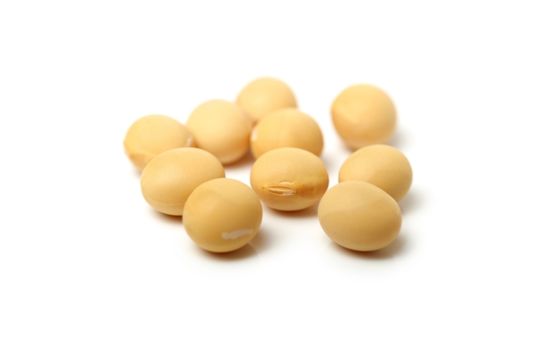
Eating these legumes, whether in the form of tofu or edamame, is beneficial to skin health. Isoflavones, found in soy, are chemically similar to human oestrogen, a hormone whose production drops off in women after menopause. Some people experience changes to their skin, such as wrinkles, dryness, and impaired wound healing, after menopause. Consuming soy or applying soy extracts topically may improve skin hydration and elasticity, which in turn may reduce the appearance of fine wrinkles.
Also Read: Negative Side Effects of Ashwagandha
#7. Strawberries
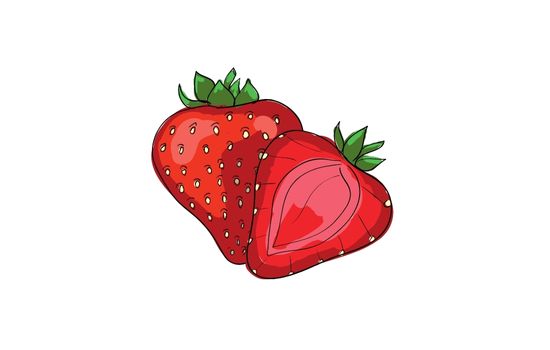
Berries are not only the best foods good for skin, refreshing and tasty, but they also contain beneficial nutrients for your skin such as fiber, antioxidants, and lots of vitamin C. Half a cup of sliced strawberries has 49 milligrams, or more than half the daily value, making them real star.
Several phenolic compounds, such as ellagic acid and flavonoids, found in strawberries have anti-inflammatory properties that benefit the skin and may even aid in repairing damaged skin cells.
#8. Avocados
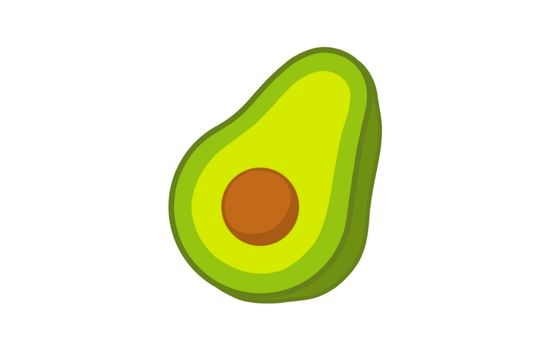
Since your skin contains elastin and collagen, it is elastic and pliable. They make your skin more flexible. However, as you get older, your body will produce less of these. Because of this, your skin will begin to become less elastic. All humans eventually experience this as they get older. But the abundance of healthy fats in avocados has been shown to mitigate this effect.
Experiments have shown that diets high in healthy foods help maintain firm, youthful skin. Additionally, avocados protect your skin from the sun’s damaging rays.
Also Read: Top 10+ Amazing Health Benefits of Guava
#9. Carrots and Sweet Potatoes

This is because beta-carotene is abundant in both of these vegetables. This crucial antioxidant is transformed into vitamin A within the body. Beta-carotene and vitamin A not only help your skin stay soft, but they also shield it from the sun.
Beta-carotene, the pigment responsible for the orange color of carrots and sweet potatoes, is also present in other foods, including apricots, cantaloupe, mango, papaya, and pumpkin. Magnesium, which can be found in abundance in carrots, is known to calm nerves and muscles. Getting enough sleep is great for your skin, and a lack of magnesium can make it difficult to do so.
#10. Oily Fish
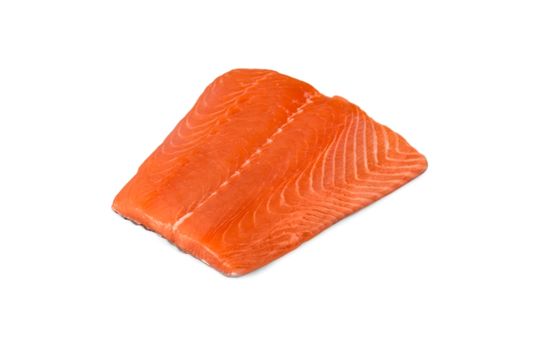
Foods Good for skin include fatty fish. It is a great way to get your omega-3s if you’re not allergic to animal proteins. Your heart will thank you for eating foods rich in omega-3 fatty acids. In other words, your blood flow increases, which is crucial for maintaining supple, youthful skin. There is a risk that your skin will become dry and flaky if you don’t get enough of these fatty acids.
Also Read: Is Banana Good for Weight Loss?
5 Best Exercise to Help Reduce Acne
Acne is a common skin condition that can be caused by a variety of factors, including hormones, genetics, and inflammation. While there is no one-size-fits-all solution to clear skin, diet and exercise can help reduce acne.
There are a few different types of exercise that can help reduce acne:
1. Cardio
Cardio exercise helps to reduce stress and inflammation, two major triggers of acne.
2. Strength Training
Strength training helps to improve circulation and increase oxygenation of the skin.
3. Yoga
Yoga helps to reduce stress, improve circulation, and promote detoxification through sweating.
4. Pilates
Pilates helps to improve circulation and flexibility, both of which can help reduce the appearance of acne.
5. Other Exercise
Any type of regular exercise can help reduce stress and promote detoxification through sweating.
Also Read: Health Benefits of Guava Leaves
Conclusion
If you’re looking for the best food for skin, there are a few things to keep in mind. Eating plenty of fruits and vegetables is always a good idea, as they’re packed with nutrients that can help improve your skin health. You should also limit or avoid processed foods, sugary drinks, and dairy products, as these can all trigger breakouts. By following these tips, you’ll be on your way to clearer skin in no time!
If you don’t see what you’re looking for here, reach out to us at [email protected].
FAQs On Foods Good for Skin
The amount of skin-healthy foods that you should consume depends on your individual needs and lifestyle. As a general guideline, aim to eat a balanced diet that includes a variety of fruits, vegetables, whole grains, and lean proteins. It is also important to stay hydrated by drinking plenty of water throughout the day.
While supplements can be a helpful addition to a healthy diet, it is important to consult with a healthcare professional before starting any new supplement regimen. Some supplements, such as vitamin A and zinc, can be beneficial for skin health in certain circumstances, but others may have adverse effects. Additionally, it is always best to get your nutrients from whole foods whenever possible.
Some foods that are good for the skin include:
Fruits and vegetables, particularly those high in antioxidants like blueberries, spinach, and tomatoes.
Foods high in healthy fats, such as avocado, nuts, and fatty fish like salmon.
Foods with a high water content, such as cucumber and watermelon.
Whole grains, which contain vitamins and minerals that are important for skin health.
Certain foods can improve the appearance of the skin by providing the body with the necessary nutrients to support healthy skin function. For example, foods high in antioxidants can protect the skin from damage caused by free radicals, while foods high in healthy fats can help to keep the skin moisturized and supple.
Yes, there are some foods that can be harmful to the skin. Foods high in sugar and refined carbohydrates can cause inflammation in the body, which can contribute to acne and other skin issues. Additionally, foods high in saturated and trans fats can contribute to inflammation and damage to the skin.




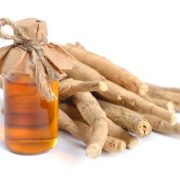


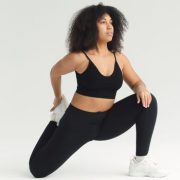




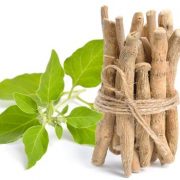
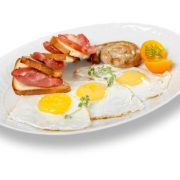









[…] Also Read: The Best Foods Good for Skin […]
[…] Also Read: The Best Foods Good for Skin […]
[…] Also Read: The Best Foods Good for Skin […]
[…] Also Read: The Best Foods Good for Skin […]
[…] Also Read: Best Foods Good for Skin: Make Your Skin Healthy […]